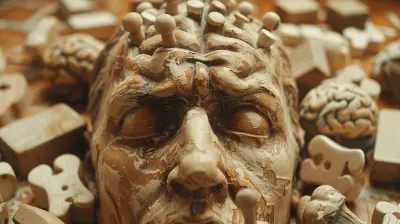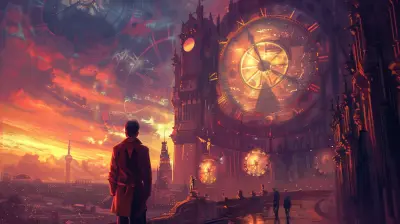The Rewards of Trading: How Economy Shapes the World of Fantasy RPGs
28 October 2025
If you’ve ever dabbled in a fantasy RPG, you know the thrill of battling fearsome beasts, exploring vast, mysterious worlds, and, of course, hoarding shiny loot. But there’s one element that quietly weaves itself into every quest, every interaction, and every character’s journey: trading. Yes, trading—not just in the sense of bartering weapons or potions, but the full-blown economy that simmers beneath the surface of these games.
So, why does trading matter in fantasy RPGs? What makes it so satisfying to haggle with NPCs over a rusty dagger you’re clearly never going to use? Let’s dive into how the economy not only shapes but also enriches these captivating worlds we love to get lost in.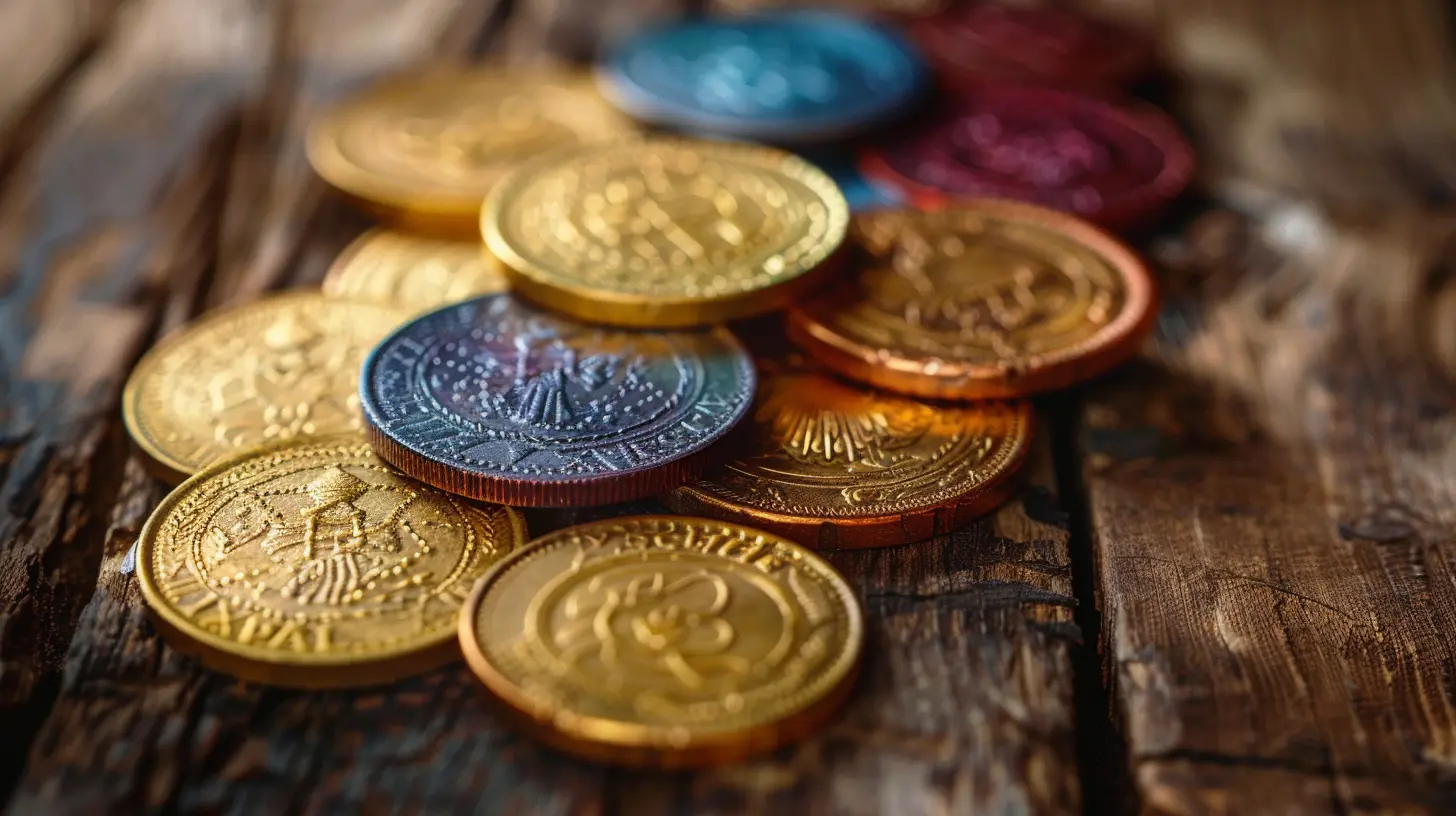
The Heart of Fantasy RPGs: A Living, Breathing Economy
Think of your favorite RPG. What’s one thing that keeps you coming back? Is it the ability to carve your own story? The glory of customizing your hero to perfection? Well, now imagine if there were no in-game economy—no shops, no gold, no random loot drops. Sounds empty, right? A robust economy is like the lifeblood of an RPG. It ties everything together, making the game feel alive and interconnected.Without the give-and-take of goods and currency, even the most vibrant fantasy worlds would feel… flat. The market stalls, blacksmiths, wandering merchants—they’re not just scenery. They’re engines of immersion, pouring fuel into the storytelling. They allow you to feel like you're part of a greater ecosystem, where every choice—what you buy, sell, or hoard—leaves a mark on the world. 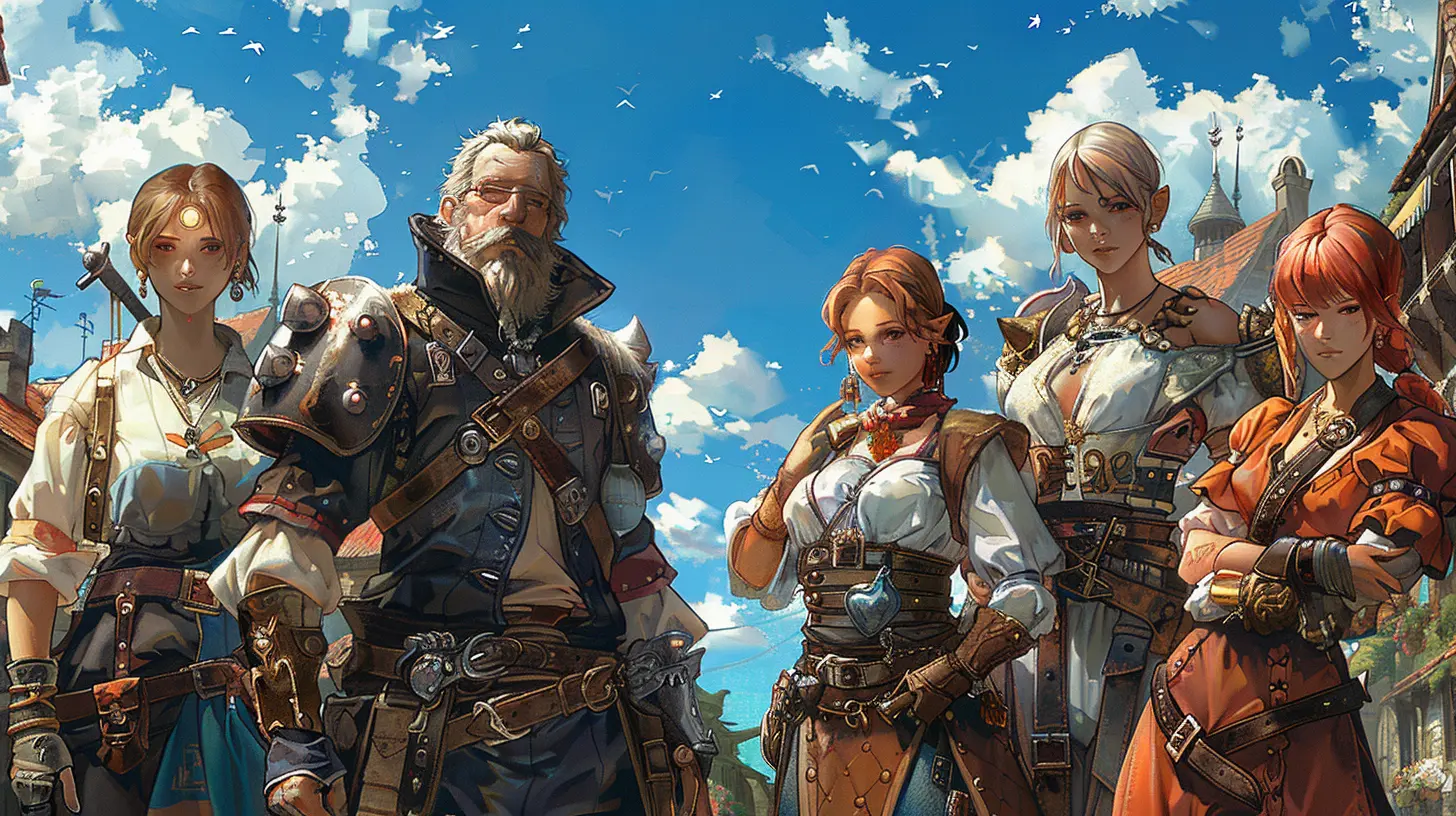
The Thrill of the Trade: Why Bartering Feels So Dang Good
Let’s be real for a moment. Why do we love trading in RPGs? It’s not just about getting that elusive enchanted sword. It’s about the thrill. There’s an innate joy in snagging a killer deal or walking away from a merchant knowing you outsmarted the system.Trading also taps into our primal instincts. Humans have been bargaining for millennia, so when you’re in a fantasy RPG negotiating with a shady merchant over a suspiciously overpriced health potion, you’re channeling ancient instincts. It’s a dance of strategy, wit, and sometimes just sheer luck.
And let’s not forget the unpredictability. Remember the last time you opened a treasure chest, only to find something insanely valuable you weren’t expecting? That dopamine rush? Yeah, trading works the same way. Sometimes you’ll stumble across a legendary item in a shop somewhere, and other times, you’ll trade half your inventory for something utterly useless. But it’s that uncertainty that keeps us hooked.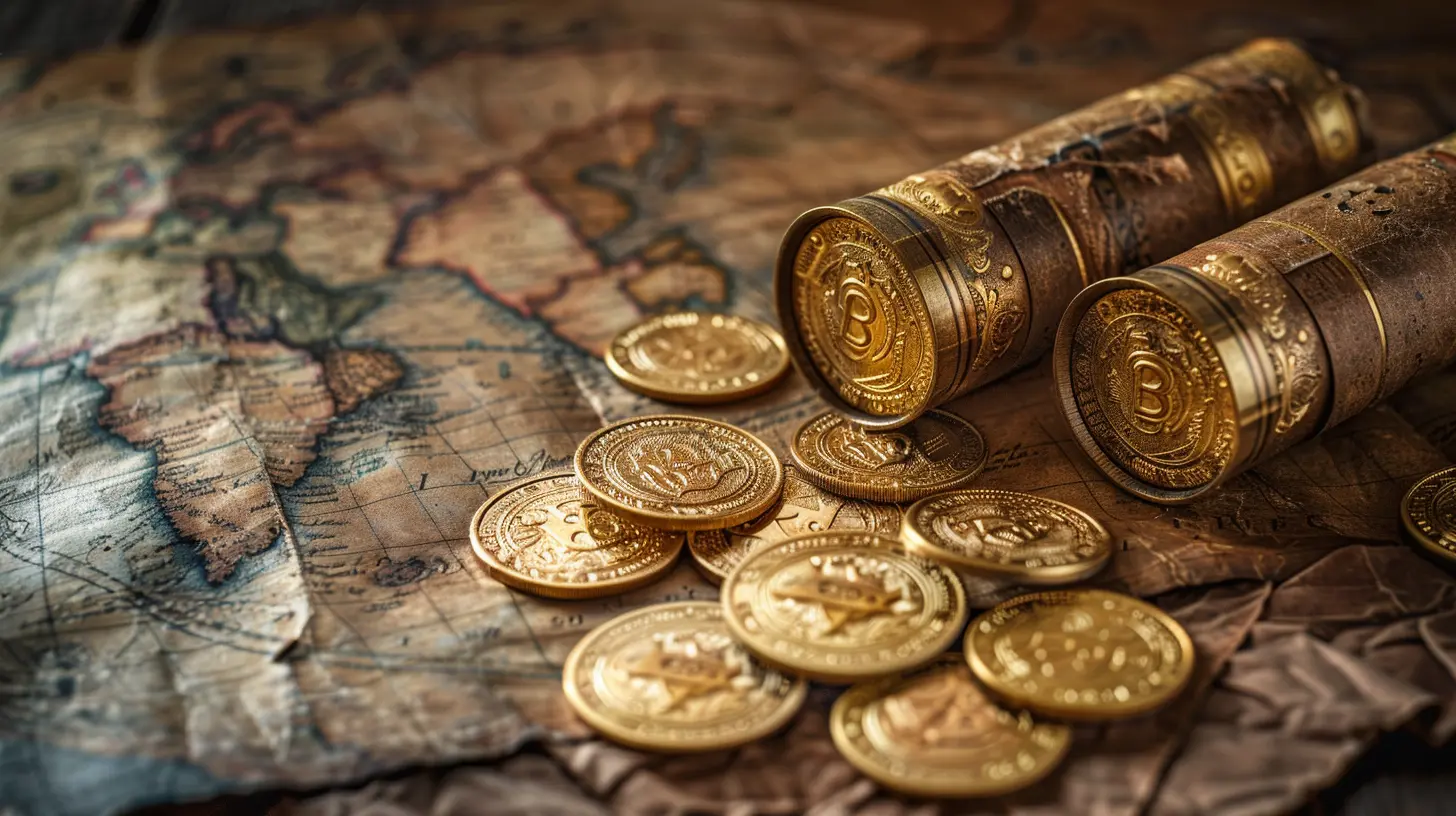
Player-Driven Economies: The Wild, Wild West of Virtual Trading
Some RPGs take trading to the next level with player-driven economies, and let me tell you, it’s a whole different beast. Games like World of Warcraft or Runescape have auction houses or trade hubs where players set the prices. This dynamic economy is unpredictable, chaotic, and often brutal—but that’s what makes it so exciting.One day, you might sell a rare crafting material for a small fortune. The next day, the market could tank, and it’s worth as much as a loaf of stale bread. It’s a constant game of risk versus reward, and for players who thrive on strategy (or just enjoy dabbling in virtual capitalism), it adds a whole new layer of gameplay.
Plus, the social aspect here is huge. Bargaining with other players, undercutting rival merchants, or even cornering the market on a rare item—there’s a certain camaraderie (and competition) that makes trading with real people far more compelling than haggling with NPCs. 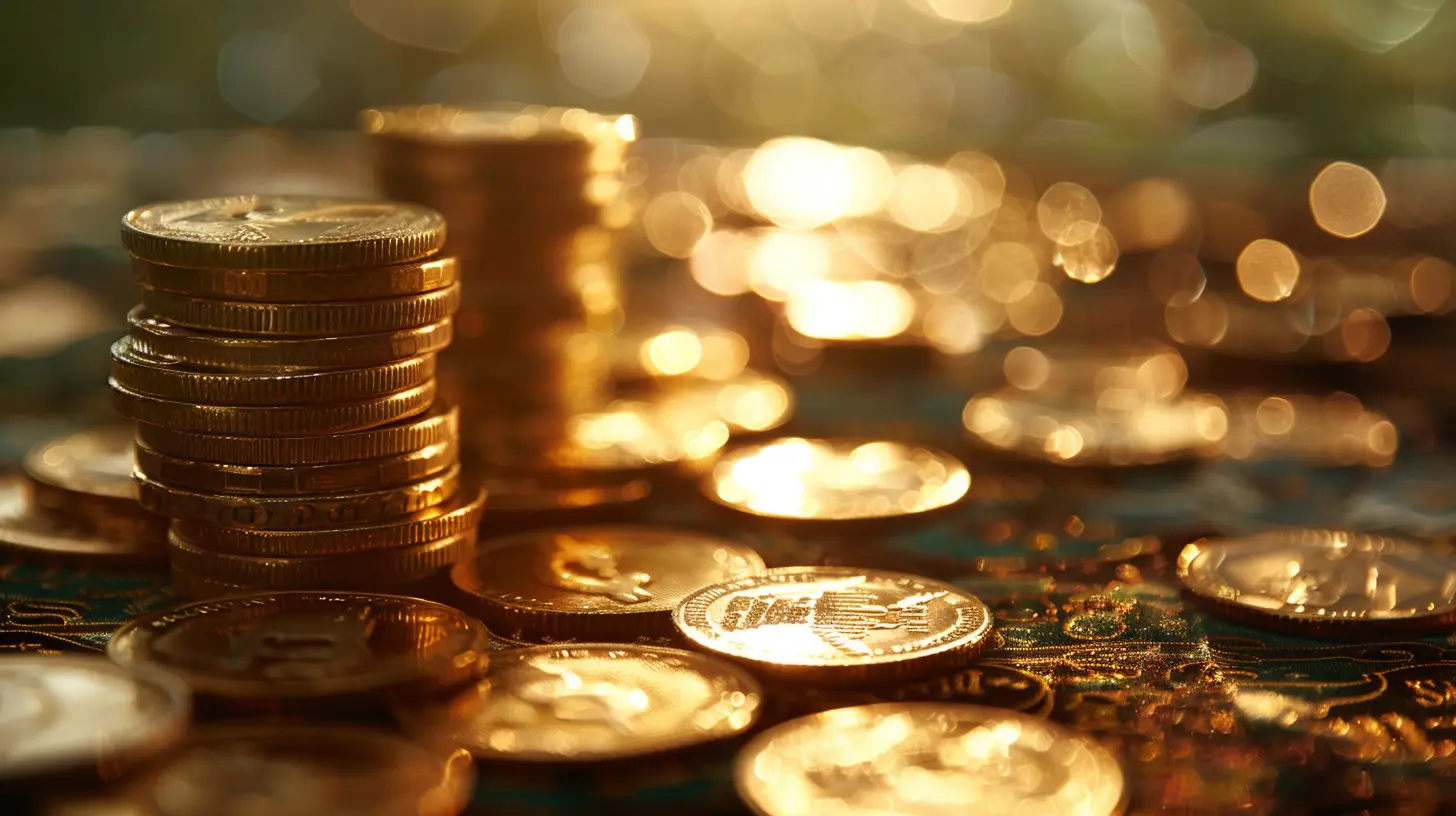
The Role of Loot in Shaping Fantasy Economies
Loot and trading go hand in hand. Let’s face it: RPG players are hoarders. We pick up everything that’s not nailed down, even if it’s a piece of junk. But every rusty sword, rat hide, or cracked gemstone has a purpose in the grand economy of a fantasy RPG.The loot system creates a cycle. You sell junk to earn gold, which lets you buy better gear, which makes you stronger, allowing you to defeat tougher enemies, who drop even better loot. It’s a loop as old as RPGs themselves, but it works. Why? Because it’s satisfying.
Even the act of selling useless items can feel rewarding. That bag full of random odds and ends? It’s gold in disguise. And that gold unlocks opportunities—whether it’s upgrading your gear, purchasing a rare artifact, or bribing a shady character to reveal a secret.
Crafting and Trading: A Match Made in Fantasy Heaven
Many RPGs have embraced crafting as a major gameplay mechanic, and it’s a game-changer for the in-game economy. Crafting allows players to turn raw materials into valuable items, creating a new layer of trading possibilities.Imagine stumbling upon a rare herb in the middle of a dangerous forest. To the untrained eye, it’s just a fancy plant. But to a skilled alchemist? It’s the key ingredient for a powerful healing potion worth a small fortune. Crafting turns seemingly mundane items into treasure, and trading those crafted items can be incredibly lucrative.
In player-driven economies, crafting becomes even more essential. Some players specialize in crafting rare gear, while others focus on gathering materials. This creates a sort of symbiosis between players—gatherers supply the resources, crafters turn them into valuable goods, and traders ensure everything finds a market.
How Economy Shapes Your Adventures
The economy in an RPG doesn’t just exist in isolation. It’s intricately tied to the story, world-building, and even your character’s progression. Here’s how:1. Storytelling Through Trade: In many games, trading gives us a glimpse into the world’s culture and history. For instance, a drought-stricken village might charge sky-high prices for water, while a bustling port city offers exotic spices at bargain rates. These details make the world feel alive and dynamic.
2. Encouraging Exploration: Need to find a rare gem for a quest? The economy gives you a reason to explore new areas, interact with NPCs, and take on side quests. It’s like a breadcrumb trail leading you to exciting discoveries.
3. Building Your Reputation: Many RPGs tie trading to your character’s reputation. Do you donate to a struggling merchant, or do you extort them? These choices affect how the world perceives you, adding depth to your hero’s journey.
4. Strategic Decision-Making: Should you spend your hard-earned gold on a shiny new sword or save up for that game-changing spellbook? The economy forces you to make tough decisions, adding a layer of strategy to the gameplay.
The Dark Side: When Trading Goes Wrong
Of course, not all trading systems are created equal. Some games make trading feel like a grind, turning it into a chore rather than a joy. Overinflated prices, scarce resources, or clunky interfaces can quickly sap the fun out of the experience.And let’s not forget the dreaded pay-to-win mechanics in some RPGs, where real money can tip the scales. While they may be appealing to some, they can undermine the sense of achievement that trading typically brings.
But even when trading systems aren’t perfect, they’re rarely enough to ruin a game. After all, RPGs aren’t just about the economy—they’re about the journey, the adventure, and the moments of triumph that stick with you long after the credits roll.
Final Thoughts: Why Trading Matters
At its core, trading in fantasy RPGs is more than just a mechanic—it’s a storytelling device, a strategy game, and an emotional rollercoaster all rolled into one. It’s the glue that ties the world together, the spark that lights up our imaginations, and the reward that keeps us coming back for "just one more quest."Whether you’re haggling with an NPC, flipping items on a player-driven marketplace, or crafting your way to glory, trading adds depth, excitement, and meaning to every RPG adventure. So the next time you sell a stack of junk at a merchant’s stall or strike a bargain for a rare artifact, take a moment to appreciate the intricate economy working its magic behind the scenes.
all images in this post were generated using AI tools
Category:
Fantasy RpgsAuthor:

Jack McKinstry
Discussion
rate this article
1 comments
Tia McGillivray
Great insights on the interplay between trading and immersive gameplay in fantasy RPGs! The economic systems truly enhance player engagement and provide a deeper connection to the game world. I'm looking forward to seeing how future titles innovate in this area. Keep up the excellent work!
October 30, 2025 at 3:26 AM

Jack McKinstry
Thank you! I'm glad you enjoyed the insights and share the excitement for future innovations in RPG economies!
